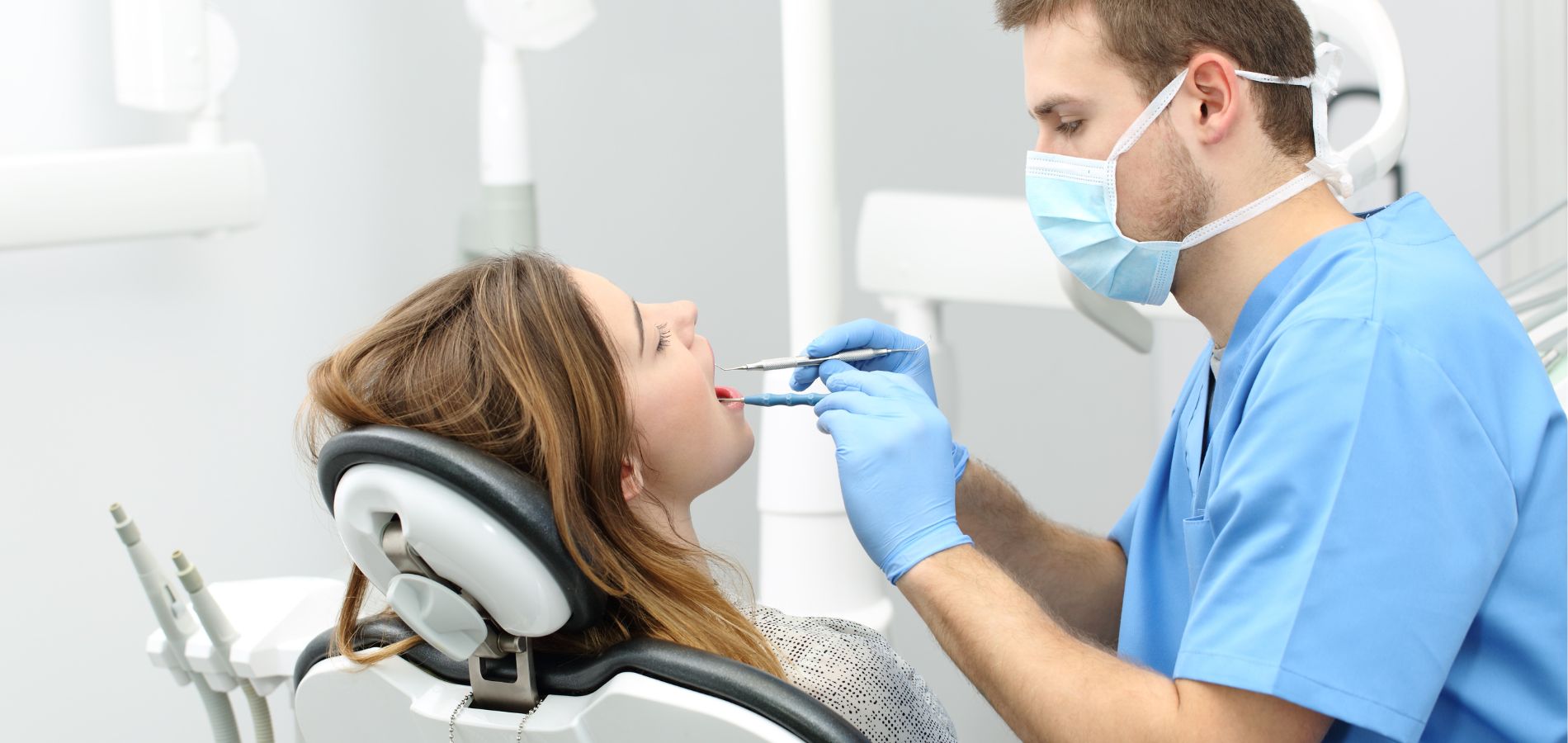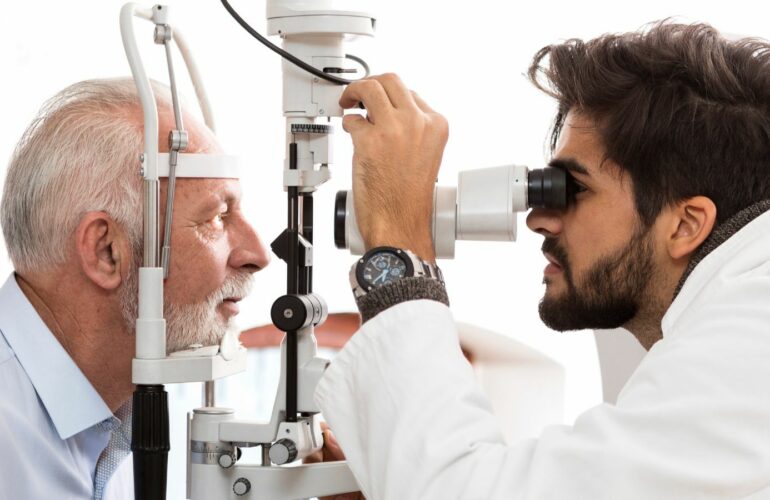In the United Kingdom, tax self-assessment is a fundamental process that dental practices must navigate to ensure compliance with HM Revenue and Customs (HMRC) regulations. This system places the responsibility on individuals and businesses to report their income and capital gains accurately. For dental practices, this entails understanding the key components of tax self-assessment, including deadlines, allowable expenses, and potential penalties for non-compliance.
Tax Registration
Upon setting up a dental practice, it’s crucial to register for tax self-assessment with HMRC. This can typically be done online, and once registered, you will receive a Unique Taxpayer Reference (UTR) number. This reference number is essential for all communications with HMRC regarding your taxes.
Record-Keeping
Accurate record-keeping is vital for dental practices to complete their tax self-assessment correctly. This includes maintaining records of all income received, expenses incurred, and any relevant receipts and invoices. Dental practices should keep detailed records of patient fees, NHS payments, laboratory costs, staff salaries, and other expenses related to running the practice.
Taxable Income and Expenses
When completing tax self-assessment, dental practices must report their total income for the tax year. This includes earnings from private patients, NHS services, and any other sources of revenue. Deductible expenses, such as laboratory fees, staff salaries, rent, equipment costs, and professional fees, can be offset against income to calculate the taxable profit.
Allowable Tax Deductions
Understanding allowable deductions is key to minimizing tax liability. For dental practices, common allowable deductions include costs directly related to providing dental services, such as laboratory bills, dental materials, staff wages, rent, and utilities. It’s essential to differentiate between expenses that are allowable and those that are not to ensure accurate reporting.
Tax Deadlines
Tax self-assessment deadlines are critical to adhere to. The tax year in the UK runs from April 6th to April 5th the following year. Paper tax returns must be filed by October 31st after the end of the tax year, while online submissions have a deadline of January 31st. Failure to meet these deadlines can result in penalties and interest charges.
Payment of Tax
Once tax liabilities are calculated through self-assessment, dental practices must ensure that the tax owed is paid to HMRC by the relevant deadlines. It’s important to budget for these payments throughout the year to avoid financial strain when the tax becomes due.
Penalties and Interest
Non-compliance with tax self-assessment rules can lead to penalties and interest charges. Late filing of tax returns, inaccurate reporting, or failure to pay taxes on time can result in financial penalties that escalate the longer the issue remains unresolved. Dental practices should familiarize themselves with HMRC penalty guidelines to avoid unnecessary fines.
Professional Tax Advice
Given the complexities of tax self-assessment, many dental practices choose to seek professional advice from accountants or tax advisors. These experts can provide guidance on allowable expenses, tax-efficient practices, and ensure compliance with HMRC regulations, ultimately helping to reduce the risk of errors and penalties.
In summary, tax self-assessment for dental practices in the UK involves registering with HMRC, maintaining accurate records, reporting income and expenses correctly, meeting deadlines, paying taxes owed, and understanding potential penalties for non-compliance. By staying informed and seeking professional advice when needed, dental practices can navigate tax self-assessment effectively and focus on providing quality care to their patients.




